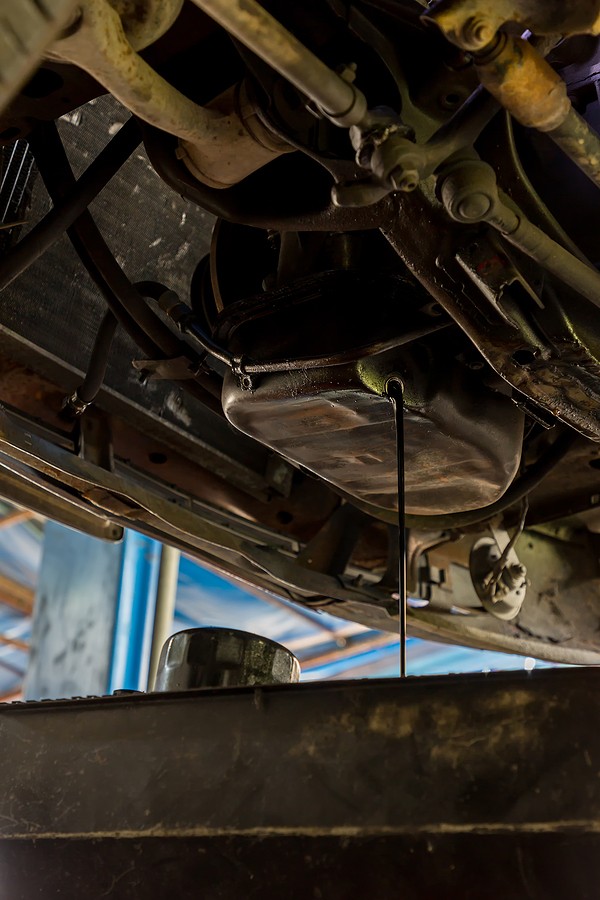The biggest difference between draining engine oil vs extracting engine oil is the location you pull the oil out of the vehicle. When draining your engine oil, you allow the oil to drain from underneath the car. On the other hand, when extracting the oil, you use a device to suck the oil out of the vehicle from the top.
Most of us understand that your vehicle needs oil to protect the internal components and prevent overheating issues. That's why we keep up with oil changes and maintain oil levels at the optimum point.
However, it's not common for every driver to understand the different processes for changing the motor oil. You might be familiar with the process we are the mechanic drains the oil from underneath the vehicle, but did you know there is another method?!
This article will provide you with all the details you need to understand about draining engine oil vs extracting engine oil. We will cover each process's main pros and cons and allow you to select the option that works best for you.

Why does your car need oil?
Before we dive into the details of discussing draining engine oil VS extracting engine oil, we must get an overview of the main purpose of oil in your vehicle.
If driving a vehicle equipped with an air combustion system, you would expect massive heat to regenerate through the engine and the different engine compartments. Since the engine is made from metal components, these components interact with each other continuously. When they interact, they generate even more heat causing your engine to be stressed.
Thanks to the motor oil for preventing engine overheating by lubricating the metal components and eliminating any friction.
Why would I change my engine's oil if it had enough oil?
Oil is not going to stay the same over time. As it ages, it breaks down and stops doing the job it should do. In other words, once your motor oil achieves a certain point in its lifespan. It will not have the right characteristics to lubricate the internal components in your engine.
Therefore, you are asked to change the engine oil. Depending on your engine type and the oil used, you might not need to change the motor oil up to 15,000 miles. However, if you're relying on the regular conventional oil, you will most likely need to change the motor oil once every 5000 miles, if not 3000 miles.
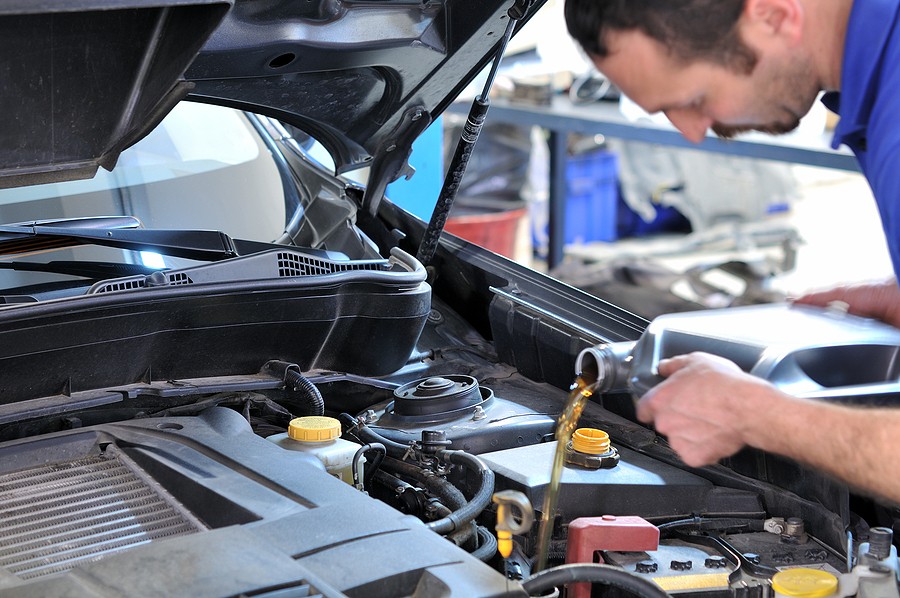
Draining engine oil VS extracting engine oil
At this point, you should have a good understanding of the fact that you'll need to change the motor oil at some point in time. Although typically, you would go to the mechanic or the independent shop and have them work on your vehicle to change them into oil carry, some curious drivers might look and see the process while others might not.
In the world of oil changes, there are two common ways of removing oil from your vehicle, including:
1. Draining engine oil
Do any engine oil is the most common way of removing the old oil from your car. During this process, your mechanic will remove the drain plug underneath the vehicle and allow oil to drain inside a bucket or a pan that collects the old oil.
Your mechanic relies on gravity to allow the oil to go out of the system and leave through the drain flow.
2. Extracting engine oil
Extracting engine oil is another method, but removing your oil from the vehicle is not very common. During this process, your mechanic uses specific devices that work from the top of the car.
In other words, the device is typically plugged into some locations under the hood, and oil is sucked out of the system through that device.
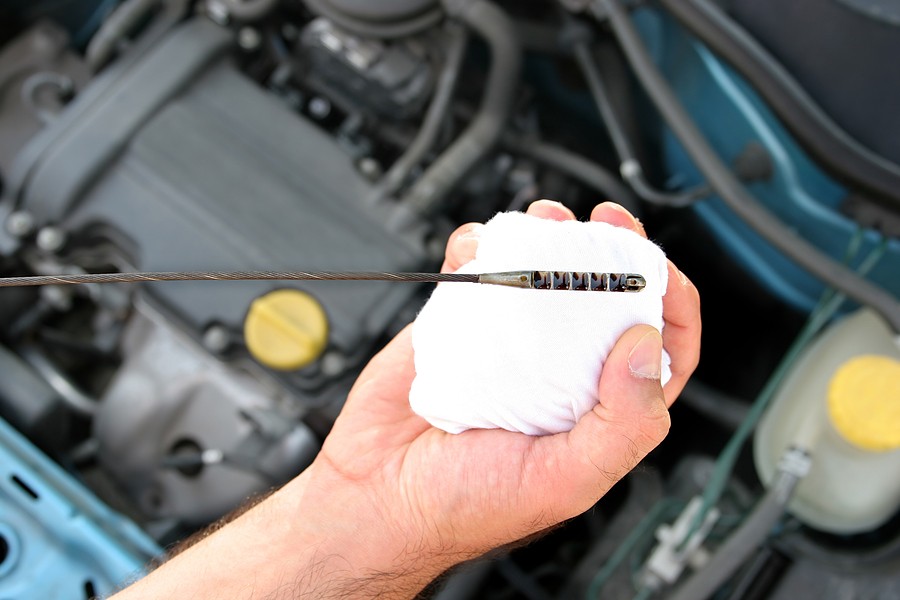
What are the pros and cons of draining engine oil?
If you decided to go with draining engine oil, you don't understand the main pros and cons you'll go through before moving further. However, by preparing yourself and expecting the main cons, you will have a good understanding of what to face and probably have some mitigation approaches to avoid any unexpected situations.
Let's look at some of the main pros and cons of draining engine oil column
1. Pros of draining engine oil
The biggest benefit of draining your engine oil is that the process is very fast. Also, as we mentioned earlier, your mechanic, or if it's going to be you doing the job, will allow oil to drain out of the drain plug through forces of gravity. In other words, you don't need to put any pressure or invest energy when draining the engine oil.
Also, it's been proven that when you drain your engine oil VS sucking it or extracting it, you should expect to drain more oil out of this system which is a huge plus when it comes to changing the engine oil, especially if your oil is very dirty.
One of the biggest benefits of draining engine oil is that you don't have to stay next to the vehicle as the oil is draining. Instead, you can do anything else. For example, you can perform some other clean-up around your vehicle or review and read through the process of how to drain the engine oil.
Finally, draining the engine oil is considered the typical conventional method for changing your engine oil. Therefore, it's typically recommended by most experts and is expected to go as smoothly as possible without any potential hiccups.
2. Cons of draining engine oil
Although there are a lot of benefits you can achieve from going with training or engine oil, you must be aware of and be prepared for a couple of drawbacks.
For example, one of the biggest drawbacks of all trading your engine oil is that it's a messy process. In other words, dirty oil is expected to splash outside of the vehicle and might cause some messes around the bottom view vehicle, requiring extra effort to clean the car.
Also, in most vehicles, you got to raise the car before working on draining the oil. This is an advanced skill, and it's not something everybody can do. So there is a lot of risk of the vehicle not being secured and falling on experienced drivers. That's why some people might hesitate about draining their engine oil, considering this fact.
Finally, since you will be working closely with the oil pan, there is some risk of damaging the oil pan since it's made of very soft material like soft plastic.
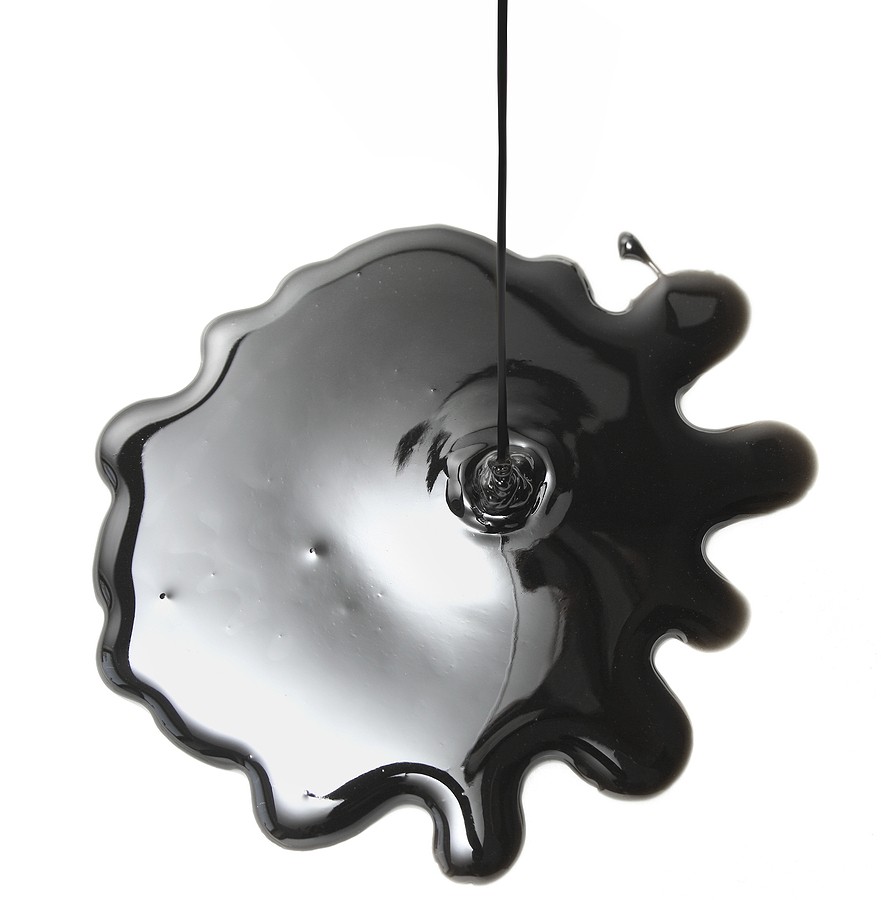
What are the pros and cons of extracting engine oil?
If you're a big fan of extracting engine oil, you will achieve many benefits, but still, you should be aware of a couple of drawbacks.
Let's take a closer look below at the main pros and cons of extracting engine oil:
1. Pros of extracting engine oil
If you decide to go with extracting your engine oil, the process will be much cleaner, and there's not going to be any mess of oil dropping underneath the vehicle in areas you can't access and clean.
Extracting your engine oil is that you don't have to raise the car, which is something many people might be more comfortable doing, and changing the oil if you don't have to raise the vehicle here
Also, extracting your engine oil doesn't have anything to do with the oil drain plug, which is a component that could get damaged during any typical oil change process.
2. Cons of extracting engine oil
Despite the great benefits you achieve by switching to extracting your engine oil, there are some drawbacks. For instance, when performing this process, you will be relying on a device that could be allowed, which means you cannot extract your engine oil any time you want, especially if you're living in a neighborhood with restrictions.
Furthermore, the process requires a continuous supply of air, so you need to buy a specific device like an air compressor or something else. Unfortunately, not everybody has this device, which could be an extra expense on the oil change.
If you're doing this process for the first time, there is a chance that you won't be able to get all the oil out of the vehicle. This has a lot of negative impacts because you're leaving The Dirty oil inside the car, and once you add the new oil, you'll still have some dirt which means that you might want to change your motor oil more frequently than with your expectations.
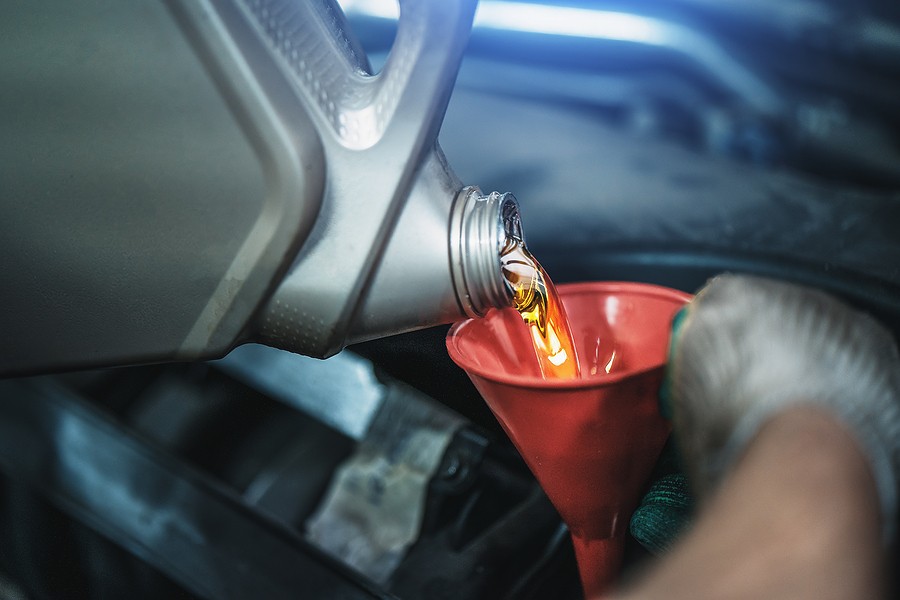
Should I drain or extract my engine oil?
It depends. Depending on your skills and what you're comfortable with, you might select one option VS the other.
For example, if you care a lot about not causing any messes around your driveway or you're not feeling comfortable raising your vehicle, then playing it around and extracting your engine oil might be a better option for you.
On the other hand, if you want to make sure that you are removing the entire old oil out of the car, then extracting the oil would not be the best option because there is a chance that you might leave some old oil inside the car.
Finally, even if you're comfortable changing almost oil, sometimes, if you think about it, it could be just easier for you to stop by an independent shop and have them do the job for you even with extra money but at least to keep yourself safe from any possible things that could happen you're not prepared for.
What are the best oil extractors?
If you're interested in extracting multiple oils for the first time and want to try it, you must spend some time reviewing the available products on the market. Plenty of available pumps extract oil from the vehicle, each with its pros and cons.
According to recent publications, here are the five best oil extractors available in the market as of 2022:
- Mityvac 7201
- EWK 6.5L Pneumatic/Manual
- Extoil 6L
- OEMTOOLS 24389 5.3 Liter
- Performance Tool W54170 12 Volt

Final thoughts
Your motor oil is a significant fluid that you must keep up with and change when necessary. However, Did you know who do mechanics remove old oil from your vehicle?
This article highlighted important details about draining engine oil vs extracting engine, which are the two common methods of removing oil out of your car. We also provide you with some recommendations about the main pros and cons of each method to help you make informed decisions that work best for you.
If you're driving a vehicle with many problems and you feel that you're changing oil more frequently, you might be dealing with internal damage that could require extensive repair costs.
If you get to this point and your vehicle requires more than 75% or more of the vehicle's value just for repair costs, it could be a perfect time to sell your vehicle and use it for money to buy a better car.
If you're ever looking for someone to buy your car, we highly encourage you to reach out to Cash Cars Buyer!
Cash Cars Buyer is one of the top-rated car removal companies in the nation that guarantees to pay you the top dollars and provide you with free towing despite your living location around the United States.
Our process is very straightforward and doesn't take more than a couple of days to get your car removed safely and for the most money.
All it takes you is to:
- Describe your car's type and condition
- Receive our instant free quote
- Accept the quote
- Get your car removed and receive your cash payment on the spot!
To learn more about our process and our team, you can reach out to us by calling us at (866) 924-4608 or by visiting our home page click on the free instant online offer.

